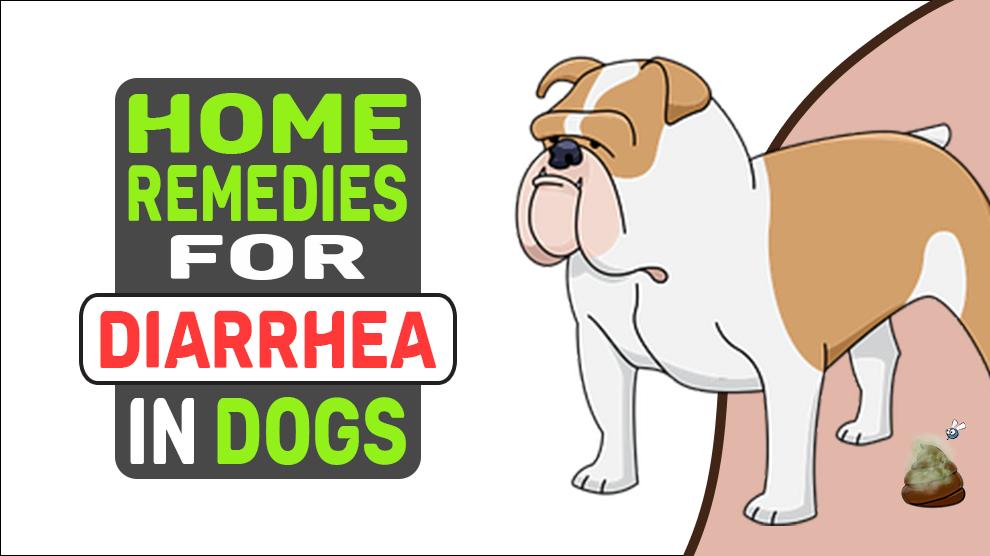Possible Diseases For Diarrhea
- Inflammatory Bowel Disease - Read More -> Inflammatory Bowel Disease In Dogs
- Coccidiosis - Read More -> Coccidiosis In Dogs - Symptoms & Treatment
- Amebiasis - Read More -> Amebiasis In Dogs - Amoeba Infection
- Cryptococcosis - Read More -> Cryptococcosis In Dogs
- Colitis - Read More -> Colitis In Dogs - Symptoms & Treatment
- Food Allergy - Read More -> Food Allergy In Dogs - Symptoms And Treatment
- Perianal Fistula - Read More -> Perianal Fistula In Dogs
Home Remedies For Diarrhea
1. Bland Diet:
- For healthy adult dogs: canine experts recommend fasting for 12–24 hours.
- Once that period is over, provide your dog a bland diet of three parts plain cooked rice with one part unseasoned, boneless, and skinless, boiled chicken breast.
- When your dog's bowel movements return to normal, slowly reintroduce its regular food.
2. Lots Of Liquid:
- Provide sufficient amounts of fresh water. Water consumption reduces dehydration.
- Encourage your dog to drink a lot of water by making rice water or adding some chicken or beef broth to his water.
3. Probiotics:
In fact, there are as many as 1,000 different types of microorganisms in your dog’s intestinal “ecosystem”.
This really sounds like an awful thing, but it’s really not. The gut microbiome is essential for digestion and acquiring nutrients from the food your dog eats. From weight to mental health, the microflora has an influence on almost every aspect of your canine’s health and happiness. Probiotics can help reinstate the equilibrium by enhancing the good bacteria population and helping control the number of unsafe bacteria. They accomplish this by helping the immune system fend off pathogenic bacterias and placing the good bacteria to confront bad bacteria for intestinal binding sites and nutrients.
4. Dewormer:
- All puppies (more than 3 weeks of age) should be given initial treatments.
- preventive medication monthly for dog worms.
- Follow the annual dewormer protocol for dogs as suggested by your vet.
- Prompt detection (performing fecal tests 2-4 times yearly for adult dogs) and intervention in the form of a dewormer for dogs.
- No matter the documented history or age, follow a dewormer immediately upon acquisition of new dogs, then again follow your veterinarian's directions.
5. Allergic Foods:
- Keep allergic foods away from your dog (such as onion, garlic, wheat, and soy).
- Always feed your dog a complete, balanced food and high-quality food that's certified by the Association of American Feed Control Officials (AAFCO).

















